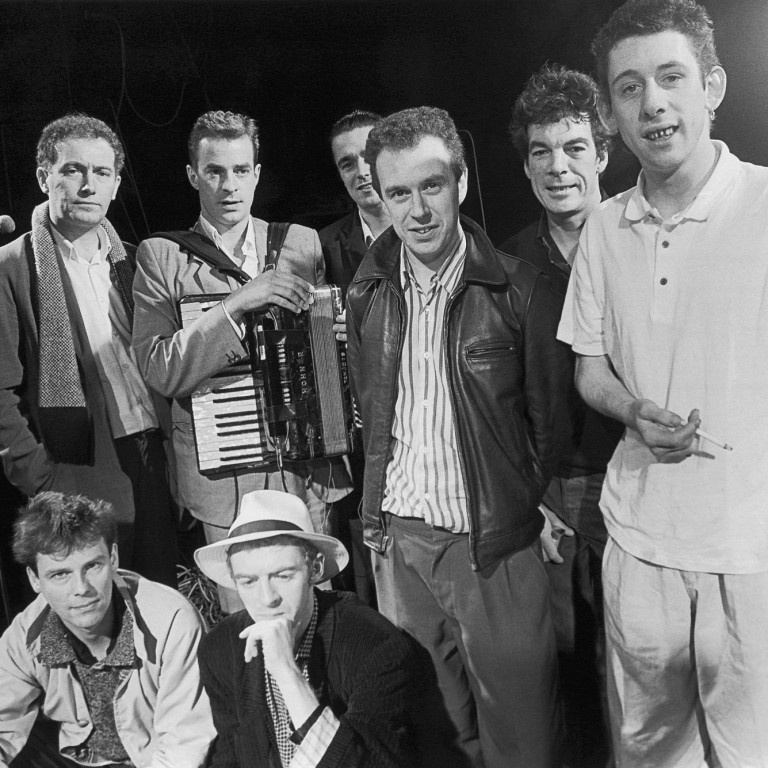
Music appreciation - Rum Sodomy & the Lash by The Pogues: Irish folk music meets kinetic, rousing punk rock
Combining Irish folk music with the energy of the sometimes hyperactive speed of punk, Rum, Sodomy & the Lash is shot through with a doomed romanticism
Rum, Sodomy & the Lash
The Pogues
Stiff/MCA
The Pogues are one of the most identifiably Irish popular bands in history - even though most of the members were born in England, including wayward poet-songwriter and frontman Shane MacGowan. They came to public attention with their second album , after the previous year's had failed to make much of an impression. It was another three years - an age between albums in those days - before The Pogues hit the big time with their next release, 1988's .

Produced by another Anglo-Irishman, Elvis Costello, the album largely comprises two types of song. There are the kinetic, rousing, profane, fast punk jigs that channel the infectious manic energy of the band's live performances, such as , and . The latter, a high-spirited drinking song par excellence and one of The Pogues' best-known, is an ode to a beer rather than a woman: alcohol and its use and abuse have been a constant feature in MacGowan's lyrics, as they have in his life.
Then there are the slower ballads, folk songs and shanties, such as and the gruffly stirring , based on Irish folk song . , best known from the rendition here, was written by folk singer Ewan MacColl, whose daughter Kirsty provided vocals for The Pogues' biggest hit: the 1987 Christmas song .
The album's most directly political songs are also personal stories: MacGowan's , about the historical plight of Irish construction workers employed in England; and Scottish-Australian folk singer Eric Bogle's poignant anti-war anthem .
Throughout MacGowan's rasping, heavily accented delivery is an expressive complement to his off-kilter storytelling as he moves seamlessly from inspirational rabble-rouser to emotive balladeer.
The album is shot through with a doomed romanticism: a cynical, booze-fuelled journey through the seamier side of life, but one made with wide-eyed optimism.

